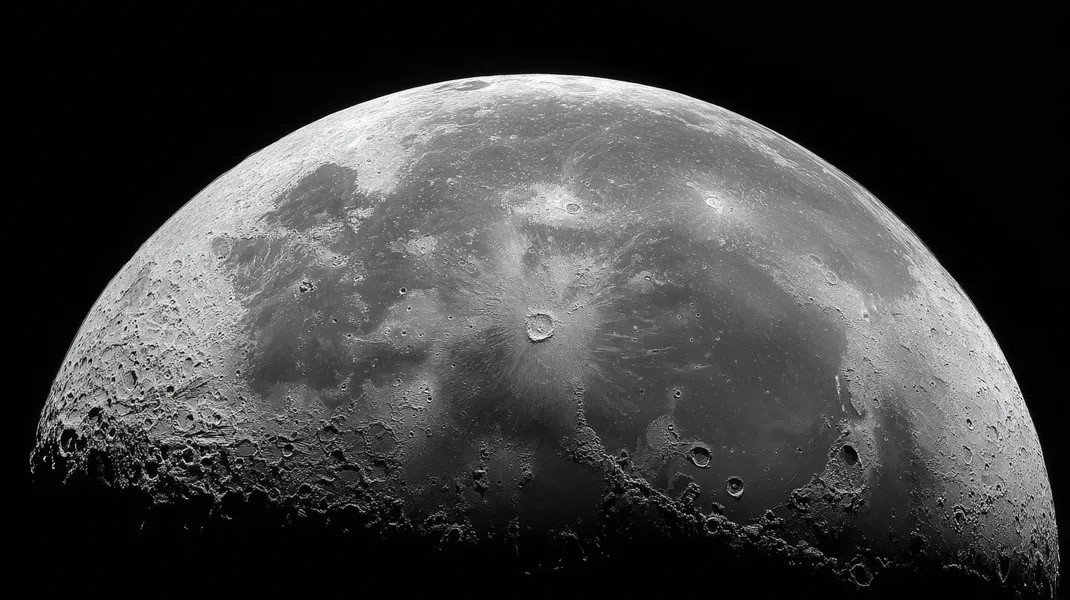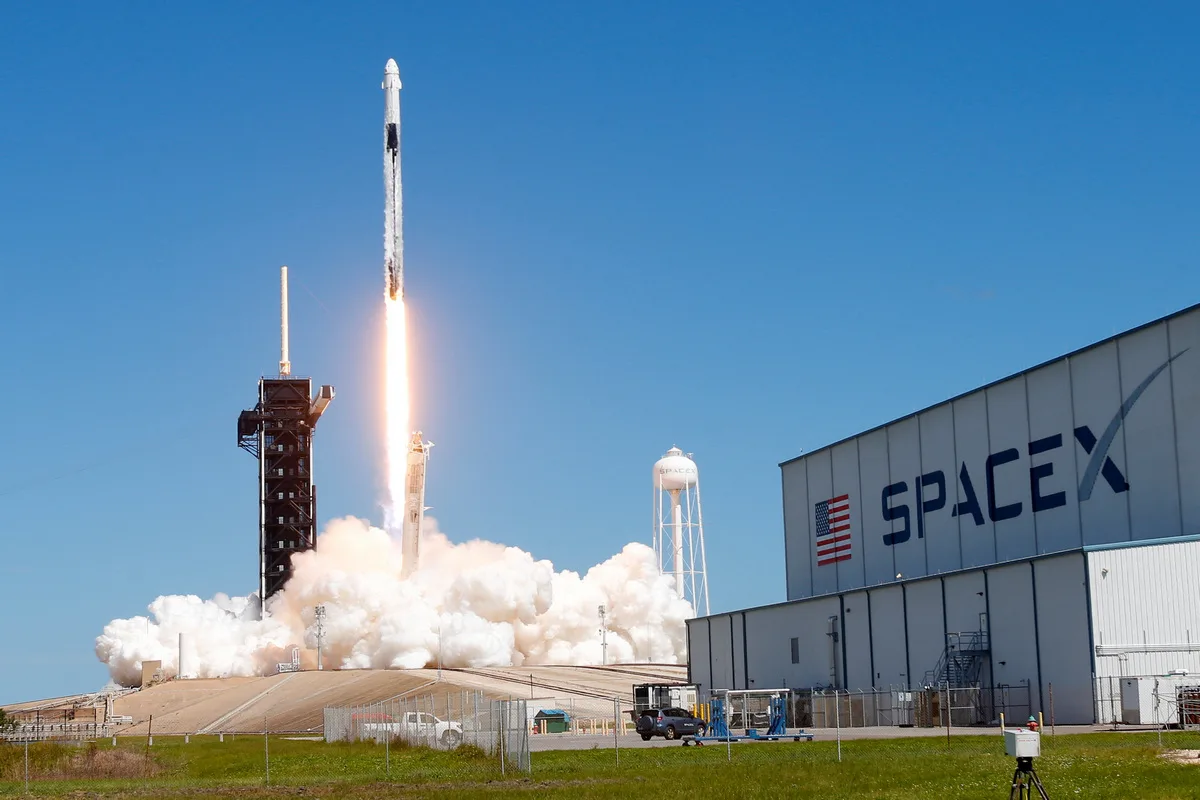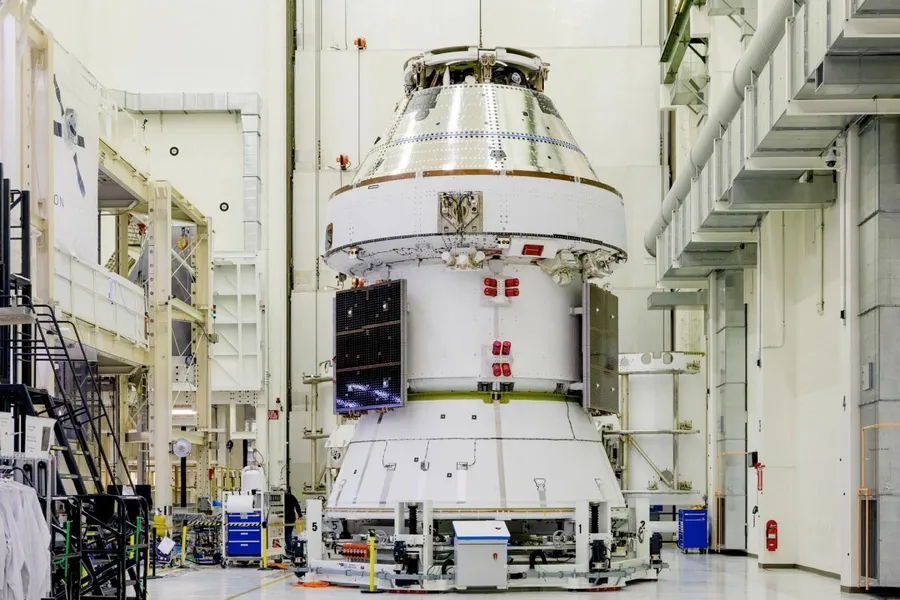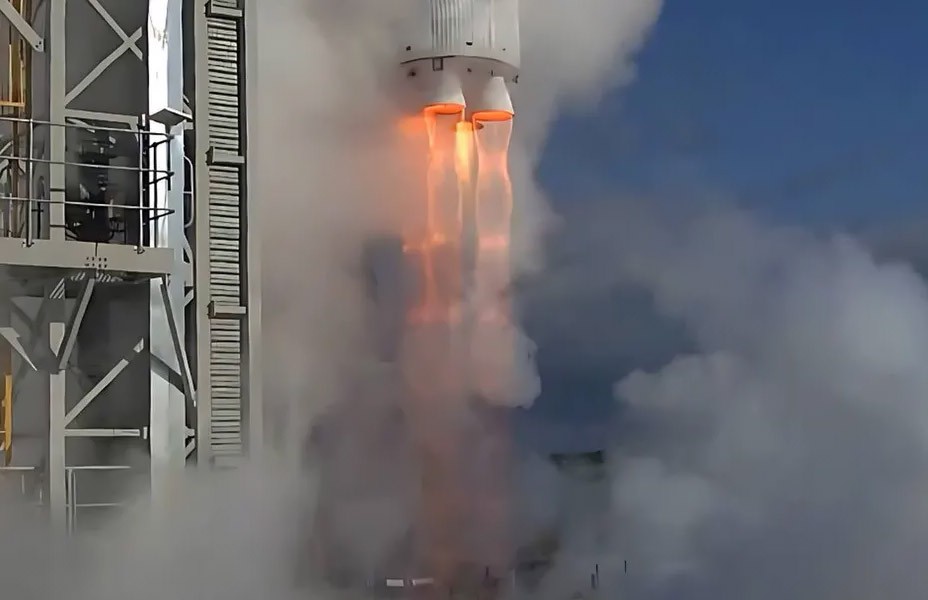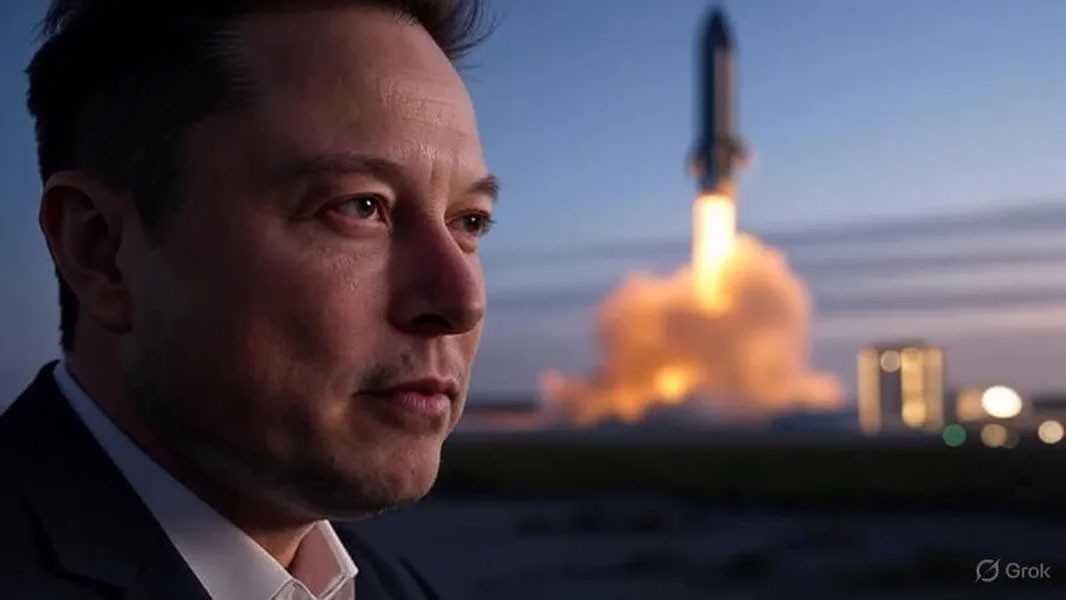South Korea has officially declared its intention to become one of the leading powers in a new lunar race, announcing plans to build a lunar base by 2045. The country's National Space Agency (KASA), founded in 2024, has unveiled an ambitious strategy for the coming decades. During a public hearing at the National Research Foundation in Daejeon, representatives of the agency outlined the key areas of the program: the study of low-Earth orbit, microgravity, the study of the Moon, the Sun and deep space.
One of the central elements of the strategy is to develop our own technologies for landing and moving on the lunar surface. In addition, the development and industrial use of lunar resources, including water ice, is planned. Practical steps in this direction are already being taken: the Korean Institute of Geology and Mineral Resources is testing lunar rovers in conditions close to lunar ones, on the territory of abandoned mines. The goal is to adapt mining technologies for the conditions of the Earth's natural satellite.
South Korea has a long track record of successful lunar missions. In 2022, the first South Korean Danuri spacecraft launched on an American rocket was launched into orbit. It continues to operate in near-moon space, providing valuable data for future missions. Previously, the country planned to land an automatic lunar rover by 2032. Now the timing is being revised in the direction of acceleration: by 2040, KASA expects to create an improved mobile device, and by 2045 — a full-fledged base on the Moon.
The agency's long-term ambitions extend beyond lunar orbit. The management of KASA declares its intention to prepare a manned mission to Mars also by 2045. Despite the early stage of implementation of these projects, the pace of development of the national program demonstrates confidence in the country's scientific and technical potential.
The focus is on creating its own technological base in the field of space exploration, including transport, robotics, resource extraction and automation. South Korea sees participation in global space competition as a factor of future economic and geopolitical influence. Successful implementation of the plan will strengthen the country's position among the leaders in the exploration of extraterrestrial space and allow it to claim the role of one of the key partners in international projects on the exploration of the Moon and Mars.

